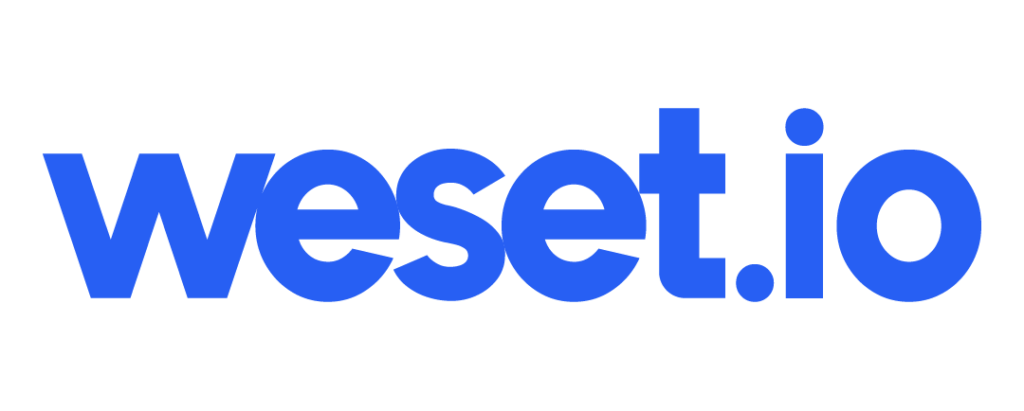Real estate tokenization stands as a game-changer, offering a revolutionary approach to property investment and ownership. In this exploration, we navigate the landscape of three key real estate tokens—equity, debt, and utility—unveiling their transformative potential in the world of property investment. While the examples used in this article are related to real estate, they could apply to the tokenization of any real-world asset (RWA)
Decoding Equity Tokens: Unlocking Ownership Potential
Equity tokens redefine the paradigm of property ownership, fragmenting assets into manageable units. This division enables customized tokens with diverse pricing strategies and features, expanding investment access to institutions and individual backers globally. These tokens, often providing passive income tied to asset performance, grant fractional ownership rights, empowering investors with unprecedented opportunities. Think of the tokens as digital shares or stocks of the asset.
*Illustration: An asset owner can tokenize a Tulum property into 336 units at $500 each. Leveraging short-term rentals, these tokens transparently display income streams and anticipated returns, democratizing investment access.*
*Important Note: Equity tokens necessitate legal ownership or custodianship under a single agent. They sell digital shares, granting exclusive rights to token holders while potentially enabling asset liquidation with profits shared among holders.*

Embracing Debt Tokens: Stability in Investment
In contrast, debt tokens represent obligations from property owners to token holders, offering a stable, predictable passive income stream without yield fluctuations. This tokenization avenue serves as a reliable funding alternative for property investors, streamlining the capital-raising process with fixed return expectations. It is similar to crowd funding but with a more transparent, secure, and streamlined infrastructure.
*Example: A platform aims to raise, issuing 250 tokens priced at $10,000 each to purchase a Manhattan apartment, offering a 24-month loan with an estimated APR of 8%. It exemplifies how debt tokens simplify property investment and financing.*

Harnessing Utility Tokens: A Bridge to Property Privileges
Utility tokens, with their diverse privileges and features, offer unique benefits like property usage rights, governance participation, or exclusive offers. These tokens build a tangible connection between investors and properties, fostering a closer bond between holders and the property itself.
*Example: A hotel in London offers a 10-year token, where the token holder can stay up-to 10-nights per year in the hotel and can use the pool facilities at any time. Instead of paying $250 per night, the token holder pays $110. They can rent or sell their token securely because of the blockchain technology supporting the token.
Conclusion: Unlocking Real Estate’s Full Potential
This exploration into real estate tokenization unveils how equity, debt, and utility tokens redefine property investments. Whether you’re a budding investor or a property owner seeking innovative solutions, tokenization provides diverse pathways to unleash the full potential of real estate assets.
Understanding the intricacies of these token types is crucial in order to build an economic structure that suits your business model as an asset owner and also appeals to a market of global investors.
For more information on this topic, see the video at the beginning of this page by Weset COO Geoff Turnbull.





